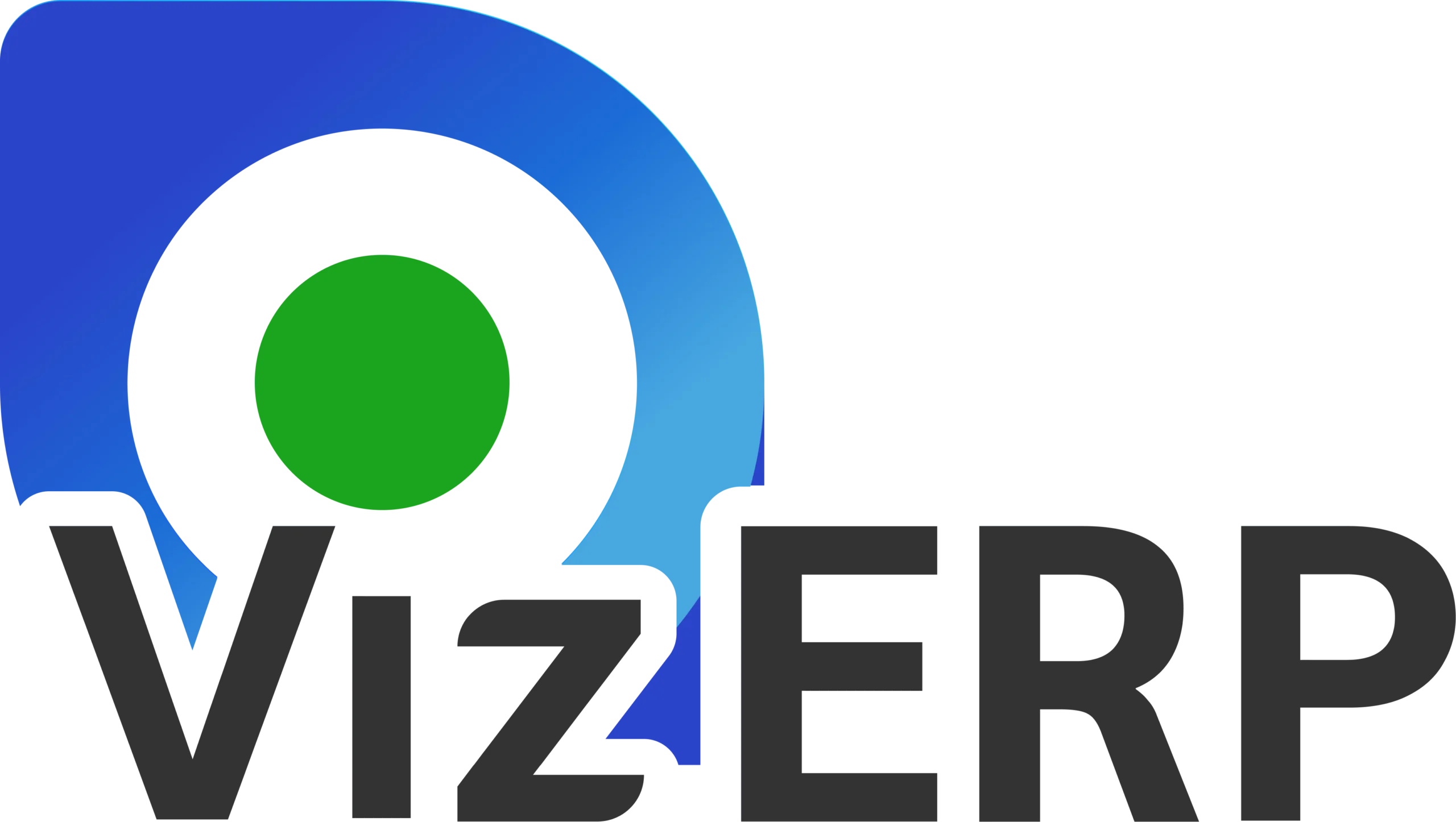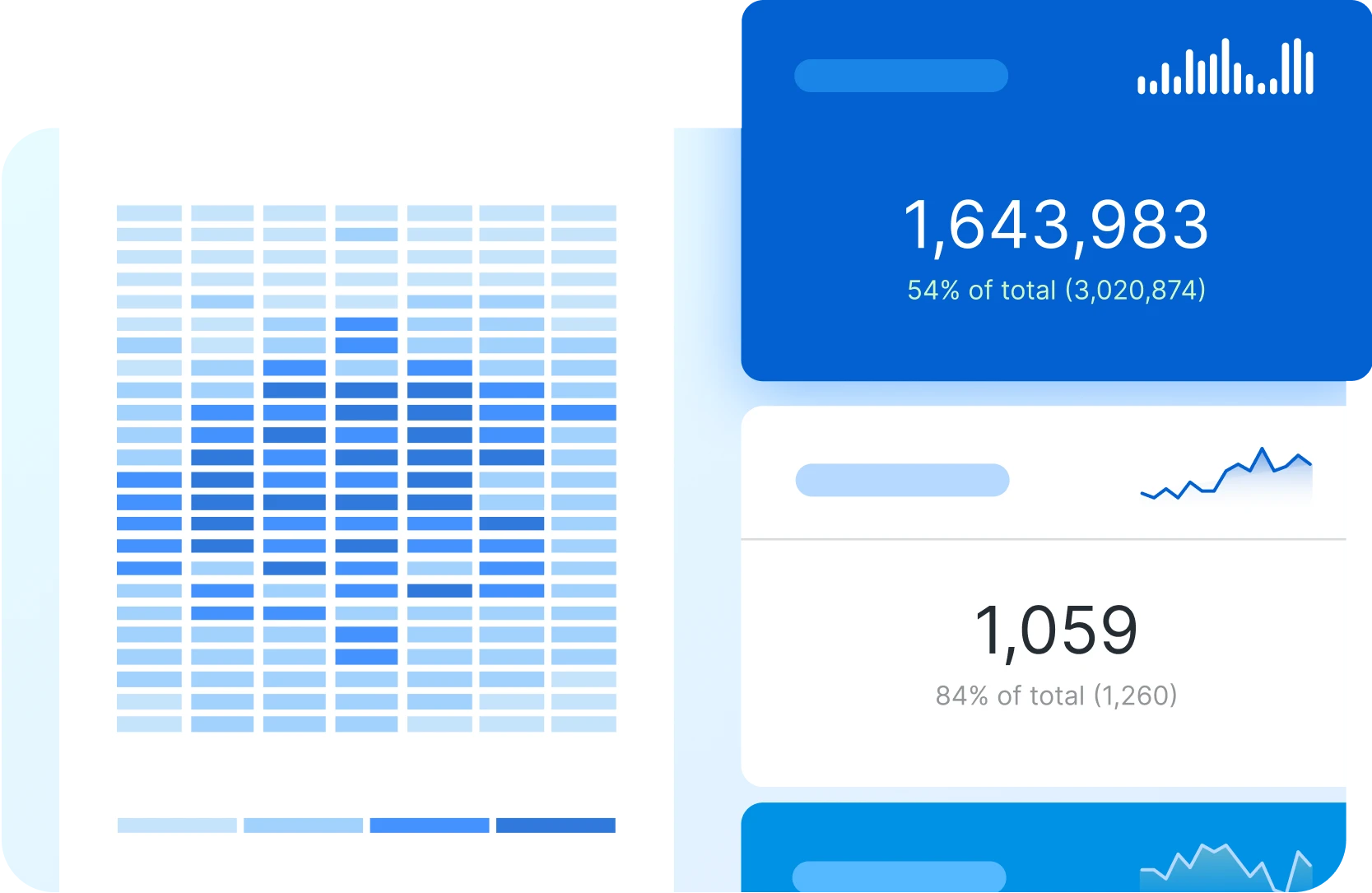Implementing a new ERP system in the public sector comes with a significant challenge: change management. For many public sector organizations, existing processes and systems have been in place for years, if not decades. Introducing a new ERP system requires not only technical adjustments but also a shift in mindset and workflows across the organization. Addressing these challenges head-on is crucial for a successful ERP implementation that delivers its full potential.
Overcoming Resistance to Change
Resistance to change is a natural reaction, especially in large, established organizations like those in the public sector. Employees may be accustomed to their current systems, even if they are outdated or inefficient, and may be apprehensive about learning new technologies or altering their workflows. To mitigate this resistance, it’s important to involve employees in the process early on. By engaging staff from the beginning—through consultations, feedback sessions, and pilot programs—organizations can help employees feel more invested in the new system and reduce apprehension.
Communication is key in this process. Clearly explaining the reasons for the change, the benefits the new ERP system will bring, and how it will make their jobs easier or more efficient can help alleviate fears and build support. Demonstrating quick wins, such as how the ERP system can reduce redundant tasks or improve access to important data, can further bolster employee buy-in.
Comprehensive Training Programs
A major component of successful change management is comprehensive training. Public sector employees come from diverse backgrounds, and their familiarity with technology can vary widely. A one-size-fits-all training approach is unlikely to be effective. Instead, tailor training programs to meet the needs of different user groups, offering everything from basic tutorials for beginners to advanced sessions for more tech-savvy employees.
Training should also be an ongoing process, not a one-time event. As employees become more comfortable with the ERP system, additional training opportunities can help them explore more advanced features and functionalities, ensuring they can use the system to its full potential. Offering continuous support, such as a help desk or dedicated training resources, can help employees overcome any challenges they encounter along the way.
Managing Organizational Culture Shifts
Implementing an ERP system often requires changes in organizational culture, particularly in how data is managed, shared, and utilized. In public sector organizations, where silos can be common, an ERP system promotes a more integrated approach to operations. This shift can be challenging, as it requires employees to collaborate across departments and adapt to new ways of working.
To manage this cultural shift, leadership must play a proactive role. Leaders should model the behaviors they wish to see, such as embracing the new system, using it for decision-making, and encouraging cross-departmental collaboration. Regular communication from leadership about the progress of the implementation, along with recognition of teams and individuals who are successfully adapting to the new system, can reinforce the desired cultural change.
Phased Implementation for a Smooth Transition
Implementing an ERP system is a complex process, and attempting to do it all at once can overwhelm staff and lead to disruptions in service delivery. A phased implementation approach, where different modules or departments go live in stages, can help manage the transition more effectively. This approach allows employees to gradually adapt to the new system, reduces the risk of major issues, and provides an opportunity to address any challenges before rolling out the system more broadly.
During the phased implementation, it’s crucial to maintain open lines of communication. Regular check-ins, feedback sessions, and progress updates can help ensure that everyone is on the same page and that any issues are promptly addressed. This approach also allows for more flexibility, as adjustments can be made based on real-time feedback from users.
Sustaining Momentum Post-Implementation
Change management doesn’t end once the ERP system is fully implemented. Sustaining momentum and ensuring long-term adoption are equally important. After the system goes live, continue to support employees through additional training, resources, and regular updates on how the system is benefiting the organization. Encourage the sharing of success stories and best practices among staff to foster a sense of community and continuous improvement.
Monitoring the system’s usage and performance can also help identify areas where additional support or adjustments are needed. By regularly reviewing how the system is being used and soliciting feedback from employees, organizations can make necessary tweaks to optimize the system’s effectiveness and ensure that it continues to meet the organization’s evolving needs.
Conclusion: Navigating Change for Lasting Success
Addressing the challenges of change management is critical for the successful implementation of an ERP system in the public sector. By proactively managing resistance, providing comprehensive training, fostering cultural shifts, and taking a phased approach, public sector organizations can navigate the complexities of change and ensure a smooth transition. With the right strategies in place, an ERP system can become a powerful tool that not only enhances operational efficiency but also strengthens the organization’s ability to serve the public effectively.





